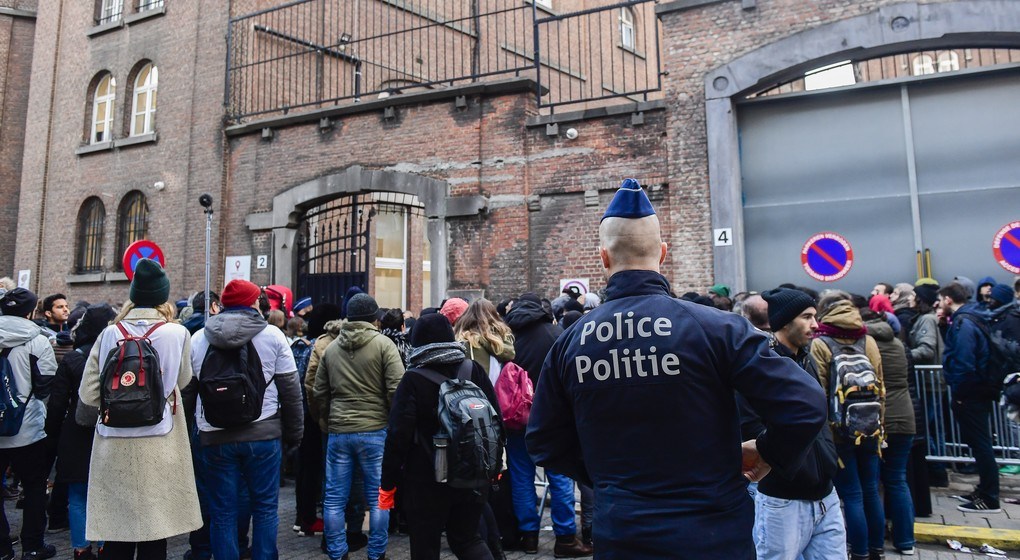Francophone immigration judges are nine times more likely than their Flemish counterparts to recognise a request for political asylum, according to new figures by an immigration appeals court.
In its latest report, the Aliens Litigation Council (CCE/RVV) released figures showing "indisputable" differences regarding how the right to asylum is judged on on either side of the Dutch-French language border.
Published online, the report shows that, in the period running from 2017 to 2019, Flemish judges rejected 92.4% of requests for asylum, while their Francophone counterparts rejected 70.8%.
Related News
- Coronavirus: 100 undocumented people gather to demand support
- Brussels houses homeless migrants in vacant hotels
- Coronavirus: Belgium begins shutting down services for asylum seekers
Out of a total of 6,608 requests filed by applicants before Francophone authorities, 805, or 12.18% were granted.
By contrast, Flemish judges dealt with a total of 7,530 requests for political asylum out of which they accepted 90, or 1.2%.
For judges on both sides of the border, less than 1.5% of rejected asylum requests resulted in applicants obtaining subsidiary protection, which still gives them the right to reside in Belgium but without the status of political refugee.
The publication of the report on Monday marks the first time in ten years that the top legal authority on foreigners' rights released statistics on the differences between Francophone or Flemish judges' treatment of claims to political asylum.
"When it comes to requests for a visa, family reunifications or regularisation procedures, there is no notable difference between the language roles," CCE/RVV president Serge Bodard said. "But when it comes to the right to asylum, the difference is indisputable."
"We have organised several general assemblies in an attempt to harmonise jurisprudence on the main points of divergence, but it's not reflected in the results. I will not dare to offer an explanation," he said.
Gabriela Galindo
The Brussels Times

